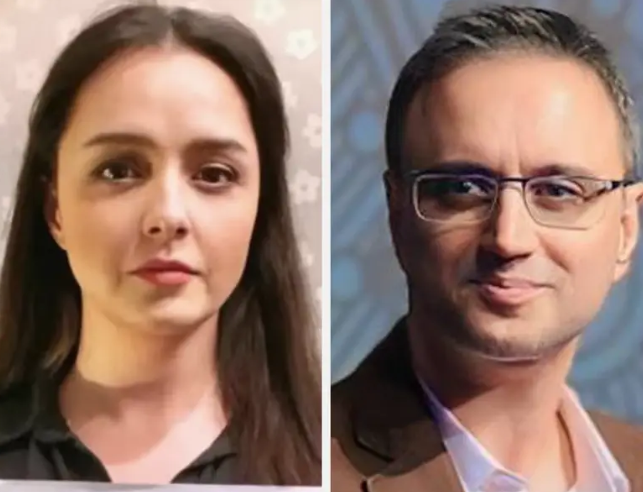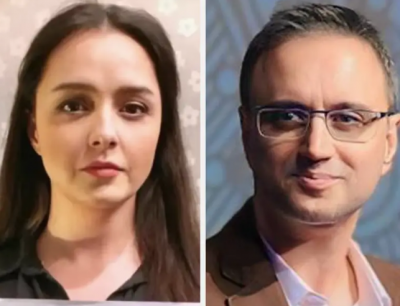The news of Iranian actress Taraneh Alidoosti, an opponent of compulsory hijab, suffering from an unknown disease just a few months after her release from prison, has sparked widespread reactions. In recent days, Taraneh Alidoosti's mother, Nader Hakim Elahi, announced in a live broadcast on Instagram that her daughter is suffering from an "unknown" illness. She stated: "Taraneh has not been in good condition. The illness is difficult, especially since the source is unknown... Send her love and prayers."
Following this, "Cinema Etemad" reported on the condition of the well-known Iranian cinema star: "Taraneh Alidoosti suffered from DRESS syndrome about six months after being released from prison. This condition occurs when the immune system overreacts to certain medications. As a result, it causes multiple symptoms such as fever, blood abnormalities, and inflammation of organs throughout the body."
Taraneh Alidoosti is one of the artists who supported the "Woman, Life, Freedom" uprising during the popular protests in 2022, removed her compulsory hijab, and was arrested for this reason. It is noted that Taraneh was arrested in 2022 and was released from prison after a year.
Some social media users described Taraneh's illness as "biological terror" from the regime. Additionally, some discussed an "unknown injection" during her time in prison, considering it a potential cause of her illness.
It is important to mention that the issue of suspicious illnesses after release from prison is not limited to Taraneh Alidoosti. Lawyer Maryam Kian Erthi reported that Mostafa Al Ahmad, a filmmaker, "like some other activists, has been suffering from some type of autoimmune disease for a long time after being released from prison."
She added: "The recurrence of such illnesses has led human rights activists to face serious and concerning questions." Mostafa Al Ahmad was arrested in 2022 for publishing a statement by several filmmakers titled "Lay Down Your Weapons" and was released from prison in the same year.
The publication of news regarding the similar illnesses of Taraneh Alidoosti and Mostafa Al Ahmad, as well as the issue of suspicious illnesses and deaths among some political prisoners, has become a hot topic once again. Bahareh Hedayat, a political prisoner who spent nearly a decade of her life in Iranian prisons, stated that doctors have informed her that she is "at risk of developing uterine cancer."
Several years prior, journalist and political activist Ali Reza Rajaei, after his release from prison, announced that he was diagnosed with sinus cancer and eventually, in 2017, one of his eyes was removed, along with part of his face and jaw. Suspicious illnesses and deaths have also been noted among citizens who were arrested during the popular uprising after their release from prison.
The latest example was Sarah Tabrizi, a former political prisoner who died under mysterious circumstances during Nowruz. Forensic authorities announced that the cause of her death was "ingestion of pills." A source close to the Tabrizi family told "Iran International": “The family found no pills next to her body or in her room and still do not know if she took the pills and committed suicide or if she was killed by security forces and became a victim of the regime.”
Maryam Arvin, the lawyer who advises prisoners and their families, was another victim of suspicious deaths after her release from prison.




